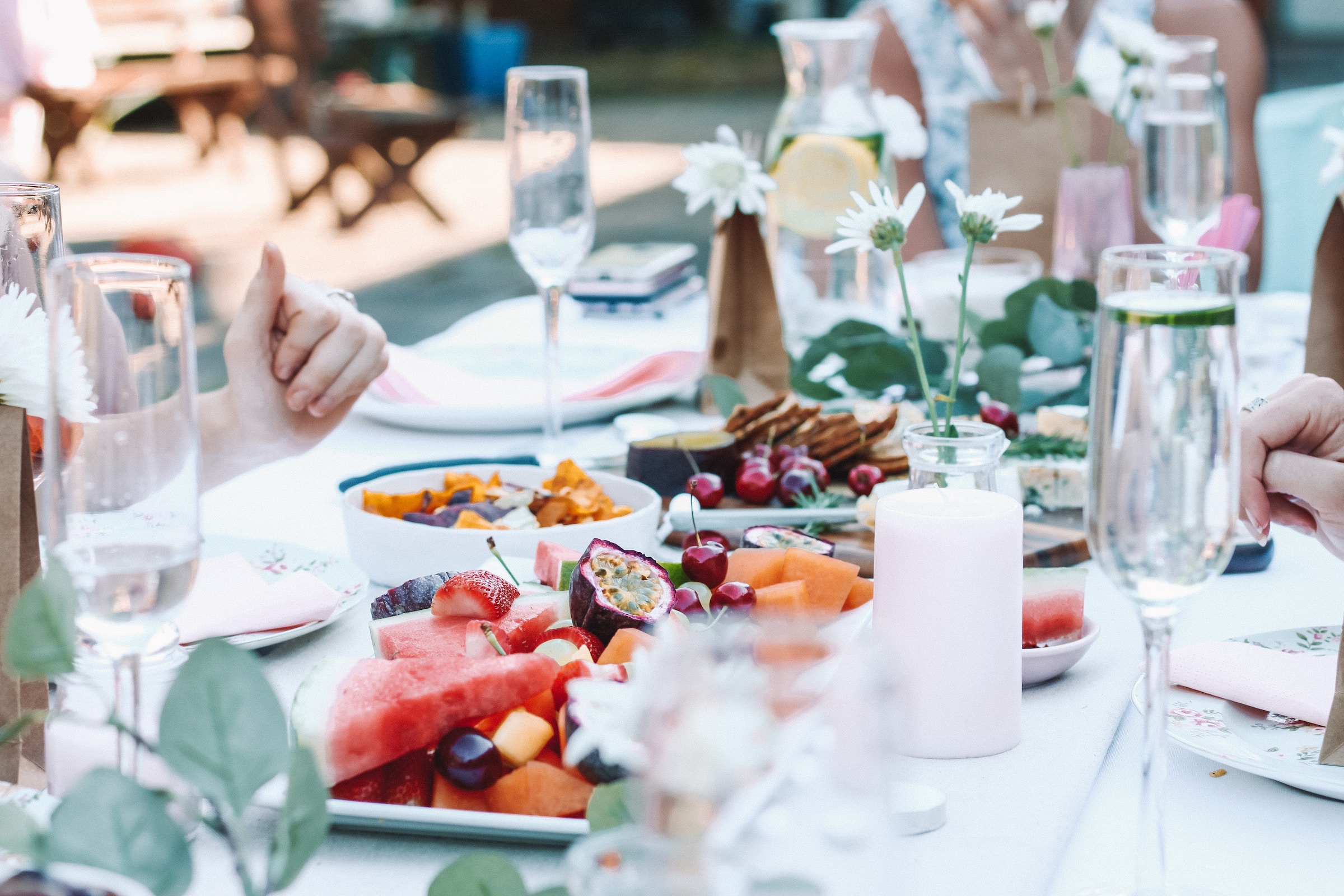dire
- plaire like, fancy
- Cela me plaît. I like it.
- Ce cadeau me plaît beaucoup. I like this present a lot.
- Si cela lui dit. If he feels like it.
- Cela ne me dit rien. That doesn’t appeal to me.
- Ça te dit d’aller au cinéma ? Do you feel like going to the cinema? / Do you fancy going to the cinema?
- Honnêtement, un pique-nique ne me dit rien. C’est tellement inconfortable. Honestly, I don’t feel like a picnic. It’s so uncomfortable.
faire chaud / froid
faire chaud / froid describes the ambient temperature
- Il fait chaud. it’s warm.
- Il fait très chaud en été et il fait très froid en hiver. It is very hot in summer and very cold in winter.
avoir chaud / froid
The masculine adjectives chaud and froid never agree in gender or number, even if the person/thing it refers to is female or plural. 1
- J’ai chaud. I’m hot.
- Vous avez froid. You are cold.
mal
On est mal assis par terre et on mange mal : les chips, les salades de riz dégoûtantes. You’re seated uncomfortably (badly) on the ground and you eat badly: crisps, disgusting rice salads.
- Like bien, mal is usually an adverb
- Je dors mal quand il fait chaud comme ça. I sleep badly when it’s hot like that.
- It can sometimes be used as an adjective
- Je n’ai rien fait de mal. I haven’t done anything wrong.
- noun
- avoir mal to feel pain
- (idiom) avoir du mal
- Et puis on a du mal à manger proprement, avec les assiettes en papier, les gobelets en carton. And then it’s hard to eat cleanly, with paper plates, cardboard beakers.
s’asseoir
Il est assis par terre. He’s sitting on the floor.
- Past Participle: assis
- Gerund: s’asseyant
- Present:
- je m’assieds
- tu t’assieds
- il/elle s’assied
- nous nous asseyons
- vous vous asseyez
- ils/elles s’asseyent
adjective for compound nouns
- une salade de fruits délicieuse a delicious fruit salad, not “a salad of delicious fruit”, une salade de fruits délicieux
- des sandwichs de poulet sans goût chicken sandwiches with no taste
supporter
to support, also means “to tolerate”
- (idiomatically, negative) Je ne supporte pas cette émission. I can’t stand that show.
- Bref, je ne supporte pas les pique-niques. In short, I can’t stand picnics.
nourriture vs. aliment
nourriture is more general, while aliment is more specific and relates to particular food items. For example, fruits and vegetables are considered aliments, whereas the term nourriture also includes prepared dishes and other types of meals.
BAGS adjective rules
des becomes de when a BAGS adjective comes before a plural noun
- Nous achetons des produits sains. We buy healthy produce.
- Nous achetons de bons produits sains. We buy good healthy produce.
- Oui, mais un sac à dos de luxe ! Il y a tout ce qu’il faut pour faire de vrais repas. Yes, but a luxury backpack! There’s everything you need for (to make) a good meal.
à
à is used in compound nouns to indicate the purpose of a designated object, whereas English strings two nouns together
- un panier à pique-nique a picnic basket
- un sac à dos a backpack
- un verre à eau a water glass
à vs. de
- un verre à vin a wine glass
- un verre de vin a glass of wine
en
- des couverts en métal
- des assiettes en porcelaine
se passer
passer to pass
- (idiom) passer un coup de fil to make phone call, give someone a ring
se passer to happen (literally: to pass oneself). reflexive verb
- Qu’est-ce qui se passe ? What’s happening? / What’s going on?
Vocabulaire
| mots | explications |
|---|---|
| la forêt | forest |
| assis | sitting |
| dégoûtant | disgusting |
| le poulet | chicken |
| le goût | taste- Ça n’a pas de goût. It’s got no taste. |
| mûr | ripe (fruit), mature (person) / FEM. mûre |
| la fourmi | ant- avoir des fourmis to have pins and needles |
| la guêpe | wasp |
| partout | everywhere |
| proprement | properlyMange proprement ! Eat properly! |
| l’assiette | FEM. plate |
| le papier | paper |
| gobelet | cup, beaker |
| le carton | cardboard- un carton à chaussures a shoe box- un morceau de carton a piece of cardboard |
| la fourchette | fork |
| le couteau | knife / couper to cut |
| bref | short, in short- Bref, je ne veux pas y aller. Anyway, I don’t want to go.- en bref in brief- l’actualité en bref the news in brief |
| le contraire | opposite- au contraire on the contrary- contraire à contrary to |
| d’abord | first |
| le panier | basket |
| le luxe | MASC. noun luxury- de luxe luxury- un hôtel de luxe a luxury hotel |
| le couvert | cutlery |
| la porcelaine | china |
| la bouteille | bottle |
| sophistiqué | sophisticated |
| pliant | folding |
| bass | bass (denoting the member of a family of instruments that is the lowest in pitch.) |
| la couverture | blanket |
